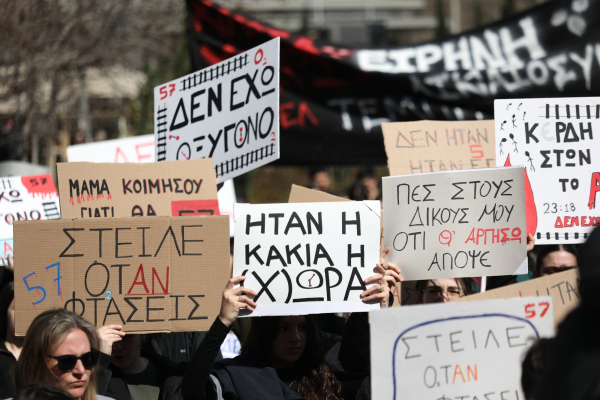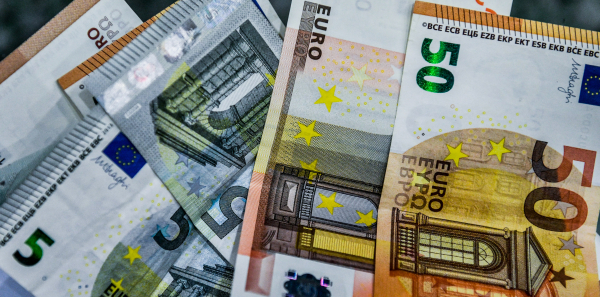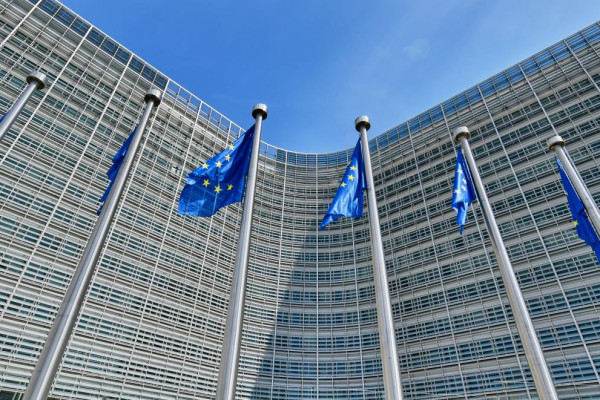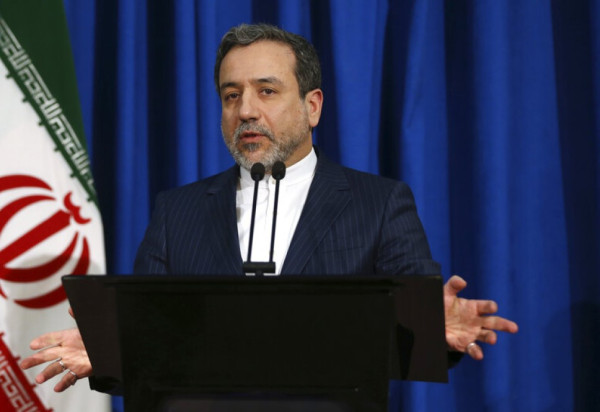Amid growing security threats from Russia and pressure from figures like Donald Trump for more equitable burden-sharing, NATO's 32 member states are preparing to commit to a substantial increase in defense spending. Under the new pact, each country will be expected to allocate 5% of its Gross Domestic Product to security-related expenditures, including military spending, defense technologies, and cybersecurity.
For Greece, this commitment comes with particular weight. The country already devotes one of the highest proportions of GDP to defense among NATO members—3.2% as of 2023. Meeting the new 5% target would require an additional 1.8% of GDP, which, given the current size of the Greek economy, amounts to roughly €11.2 billion per year. This dramatic increase poses a major fiscal challenge for Athens, raising concerns about the impact on other critical areas of public spending such as healthcare, education, and social services.
Greek officials argue that without support from the European Union, this level of defense expenditure risks undermining social cohesion and derailing national priorities. They are urging Brussels to step in with financial assistance or structural support to help member states like Greece meet their obligations without sacrificing domestic stability.
The issue, however, extends far beyond Greece. The EU as a whole is grappling with how to fund a growing list of strategic priorities: the green transition, enhanced global competitiveness, repayment of pandemic recovery loans, and now, heightened defense spending. Analysts estimate that to meet these demands, the EU budget would need to expand by nearly 0.9% of the bloc’s Gross National Income—almost doubling its current size.
Yet the EU’s revenue system is largely dependent on national contributions tied to each country’s income. Increasing the budget would either require governments to raise their payments or introduce new sources of EU-level funding. In light of these pressures, several European think tanks have proposed a new mechanism: a “defense undercontribution levy.” This idea aims to address the imbalance caused by countries that spend well below NATO or EU averages on defense, yet still benefit from the security provided by others.
The proposal is based on the premise that security and peace are collective goods, shared across the continent but not equally financed. For example, Ireland currently spends just 0.2% of its GDP on defense, yet it enjoys the protective umbrella offered by higher-spending countries. This disparity has led to what economists call a "free rider" problem—where some benefit without paying their fair share.
The suggested levy would be calculated based on how far a country’s actual defense spending falls below a set target, such as NATO’s 2% benchmark or the EU average. Countries that spend less would pay proportionally more into the EU budget. Depending on the method of calculation, such a levy could generate between €8 billion and €30 billion annually, depending on the number of countries affected and the rate applied.
Another aspect of the proposal calls for penalties on member states that routinely exclude European defense companies in favor of national suppliers. Proponents argue that this would increase transparency and strengthen the EU’s fragmented defense industry by encouraging more open and cooperative procurement practices.
There is already legal precedent for such levies. Article 311 of the EU Treaty allows for the creation of new forms of revenue, and a similar model was adopted with the introduction of a tax on non-recycled plastic waste. If implemented, the defense levy could enhance the EU’s strategic autonomy, reward those countries that meet or exceed defense spending targets, and incentivize lagging nations to close the gap—all without forcing immediate cuts to national budgets.






























